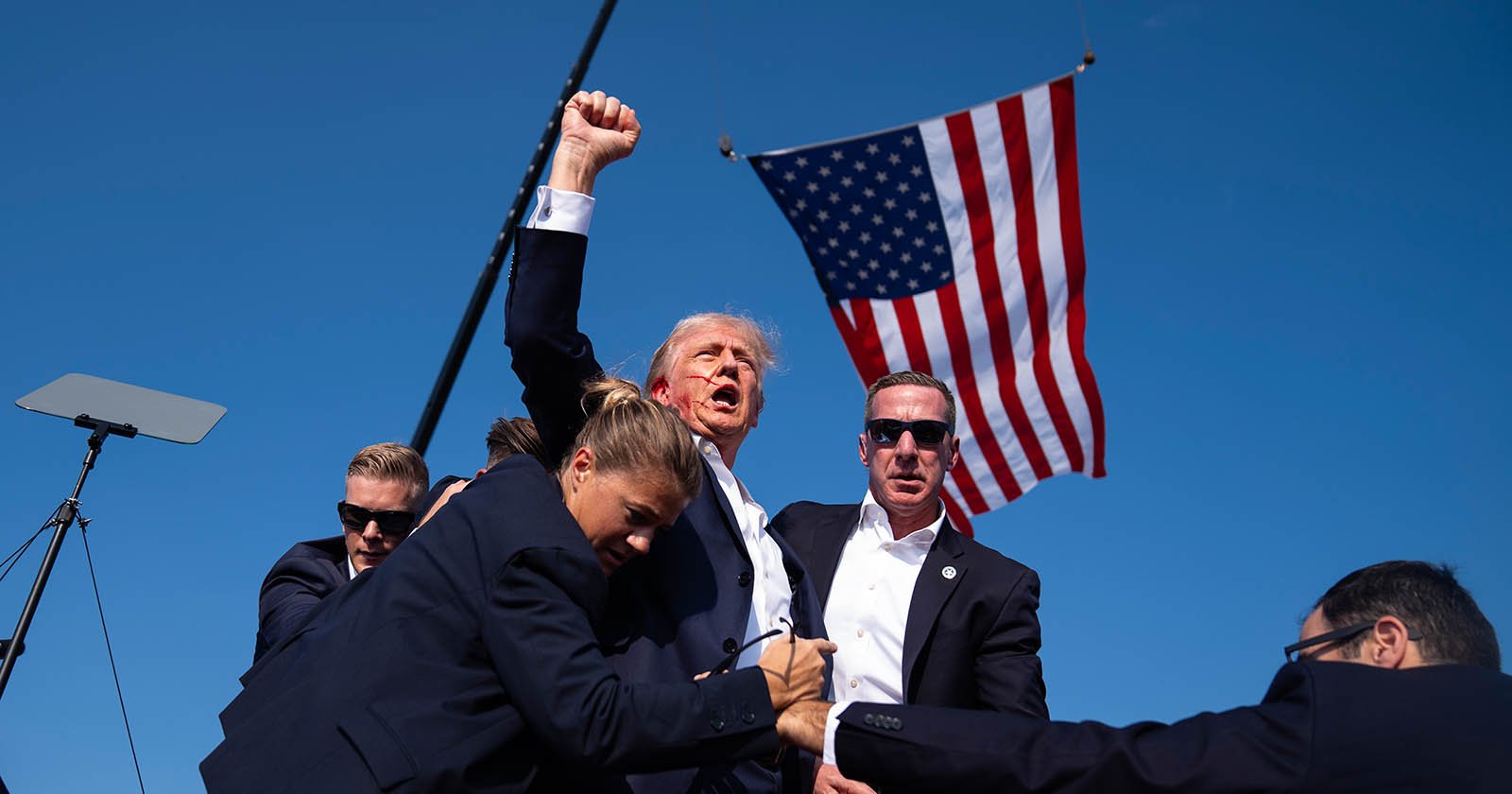
[ad_1]

Two Thai journalists were arrested and detained overnight while reporting about anti-monarchy protests. This sparked outrage and raised concerns about press freedom in the country, as the duo was falsely accused of “collaborating in vandalizing a historical site” while merely reporting on the incident
Prachatai Reporter Nutthaphol Meksobhon and photographer Natthapon Phanphongsanon were reporting on the vandalism of a Bangkok temple wall with anti-monarchy graffiti. Their arrest took place nearly a year after the vandalism itself, drawing widespread criticism from human rights groups and media organizations. They argue that the arrests stifle legitimate journalistic activity and represent a chilling effect on the free press.
The charges involve an incident from March 2023. At the time, an activist spray-painted an anarchist symbol and the number 112 with a line through it on the exterior wall of the revered Temple of the Emerald Buddha in the Grand Palace complex. The two journalists wrote an article and took a video of the incident, but they weren’t a part of it. As they said, they were just doing their job.
The AP explains the meaning behind the number 112. There is an article in Thailand’s Criminal Code that prohibits insulting the monarchy and has a punishment of three to fifteen years in prison. This law is often criticized for being used as a means to suppress political opposition. The offense carries a maximum sentence of seven years in prison and a fine of 700,000 baht ($19,600), but the journalists were released on bail on Tuesday.
Several organizations condemned the arrests. Amnesty International Thailand called it a “direct violation of media freedom,” while the Thai Journalists Association said the charge “undermines the rights and freedoms of the media in performing its duties
Tewarit Maneechai, the editor-in-chief of Prachatai, expressed fear that such actions could lead to self-censorship within the media, depriving the public of crucial information. He called the arrests “an act of intimidation.”
Thailand’s Prime Minister Srettha Thavisin said that his government “upholds the importance of media freedom,” adding that “it’s up to security officials and the police to investigate whether the journalists committed any crimes.” But the question remains – where exactly is the line between national security and free speech and free press? This incident serves as a stark reminder of the challenges journalists face in Thailand and in other parts of the world as well.
[via FStoppers]
[ad_2]






